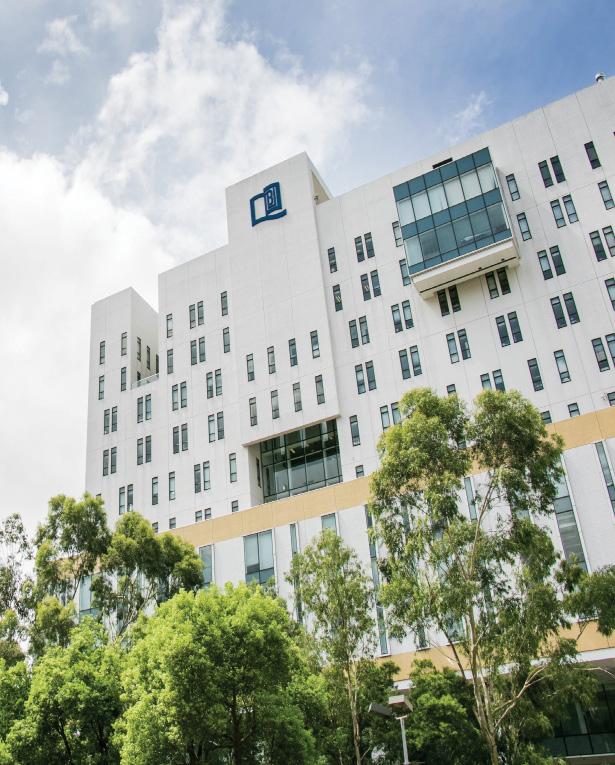
MNEs and Foreign Threats: Who Gets Chosen to Work Abroad?








MNEs and Foreign Threats: Who Gets Chosen to Work Abroad?







MNEs and Foreign Threats: Who Gets Chosen to Work Abroad?

Yao, F. K., Yang, J. Y., Chang, S., & Lu, J. W. (2023, November 16).
“Not All Threats are Equal: Symbolic and Realistic Threats and The Deployment of Parent-Country Nationals.” Journal of International Business Studies.
Many ambitious MBAs hope to one day be stationed overseas to run a multinational enterprise (“MNE”) from their home country, if only to enjoy a posh expat package. Even if they seem glamorous, these jobs are not always without risks; for example, managing a bank in Europe might be less hazardous than operating a mine in a war-torn country. A recent study delves into how MNEs evaluate threats in foreign locations as they weigh the choice between deploying home country nationals or hiring local managers.
As globalization continues to accelerate, MNEs often appoint individuals from their home country to spearhead expansion into foreign markets, due to their familiarity with headquarters’ culture and standards. However, operating abroad expose MNEs to new risks. They may face threats stemming from macroeconomic factors, potentially leading to financial losses. Alternatively, MNEs may also encounter threats related to ethical concerns such as human rights violations. Integrating insights from psychology, the researchers also qualify threats as either tangible – i.e factors that may impact profits or physical well-being – or symbolic, reflecting differences in values between countries such as the use of forced labour. Regardless, failure to address these threats can be expensive: in 2019, Walmart had to pay $282 million to settle charges from US authorities after failing to maintain a proper anticorruption program in Mexico.

Analyzing data from 19,444 subsidiaries owned by 5,371 Japanese MNEs across 36 countries from 1990 and 2018, the authors demonstrate that when facing threats of a symbolic nature, MNEs tend to appoint parent-country nationals to manage foreign subsidiaries as they seek to preserve their core values and minimize reputational risk. Conversely, when confronting more tangible threats, MNEs don’t hesitate to delegate control to host-country nationals who can leverage their local knowledge to preserve economic gains or mitigate potential losses. Interestingly, the level of globalization within an industry amplifies the impact of symbolic threats while


diminishing the influence of realistic threats. It seems that the scrutiny of global stakeholders compels MNEs to act as ethical leaders abroad, often by dispatching parent-country nationals as both executives and value ambassadors.
So what’s our budding CEO should do? Maybe taking business ethics classes instead of finance and working in a globalised industry is the best way of getting that expat job, since firms are more likely to rely on their nationals to advocate for their values when posted abroad. Who could have foreseen that multinational enterprises would emerge as trailblazers of globally responsible corporate citizenship?

 Dr. Song CHANG Associate Professor Department of Management, Marketing and Information Systems
Dr. Song CHANG Associate Professor Department of Management, Marketing and Information Systems


The HKBU School of Business organised “Research Happy Hour” on 19th March, 2024, gathering 20 internal and external business scholars, providing a platform to share research insights and explore interdisciplinary collaborations. Amidst refreshments, participants engaged in fruitful discussions, fostering a dynamic exchange of knowledge and ideas.
The event kicked off with a sharing by Dr. Zheng LIU, Assistant Professor in the Department of Accountancy, Economics, and Finance. He presented his research findings on examined scenarios where a firm, in pursuit of specific financial targets, might potentially compromise ESG (Environmental, Social, and Governance) goals. Dr. LIU discovered that firms meeting or surpassing Earnings Per Share (EPS) targets often have higher environmental emissions. He highlighted three key observations: 1) Firms aiming to fulfill both financial and ESG goals are less likely to sacrifice ESG objectives to meet financial targets. 2) If the reward for achieving the financial goal is significant, the firm tends to prioritise financial targets over ESG goals. 3) When the bonus is determined using a piecewise linear calculation between the actual performance and the performance target, the CEO is less likely to sacrifice ESG goals.



Following Dr. LIU’s presentation, Prof. Xu HUANG, the Associate Dean (Research & Impact), introduced two ongoing research projects. The first project explores the dynamics of power. Prof. HUANG proposed that fear and mortality awareness prompt people to pursue more power. To support this theory, he is studying ancient Chinese history and scrutinising the circumstances emperors would purge their strongest generals. He is particularly interested in exploring whether founding emperors were more likely to take such actions compared to non-founding emperors. He drew parallels to modern day entrepreneurial founders and raised the question of whether these pioneers are more likely to sever ties with their competent colleagues and the conditions that influence such decisions.
In the second project, Prof. HUANG is investigating the governance of cryptocurrencies. He likened the ideal cryptocurrency system to the human body’s immune system – decentralised and balanced. However, he acknowledged the challenges inherent in a decentralised system, particularly in identifying unethical traders who manipulate prices beyond their true value. Prof. HUANG is keen to explore the financial tools and regulations that could effectively identify these unethical traders in a decentralised system. Wrapping up the session, he invited insights from fellow scholars, encouraging a collaborative effort to shed light on both projects.
Research Happy Hour promotes a multidisciplinary research environment. It offers scholars a supportive platform to foster collaborations and enhance their academic pursuits.






The Research Espresso, a bimonthly e-publication covering everything you need to know about the latest research developments at the HKBU School of Business, focuses on four key areas: Research Insights (the main research topic of the month), Research Excellence (recognition of faculty members’ research achievements), News (research-related updates), and Seminars (sharing research skills and knowledge).
The idea is to provide business practitioners with the most recent research findings from the School‘s faculty. We want to build links between research and practice and to ensure that the School's research has business and societal impact.
Enjoy reading, and your feedback and input are always welcome!


hkbubusinessschool
hkbubusinessschool
HKBU School of Business
浸大工管
bus.hkbu.edu.hk

